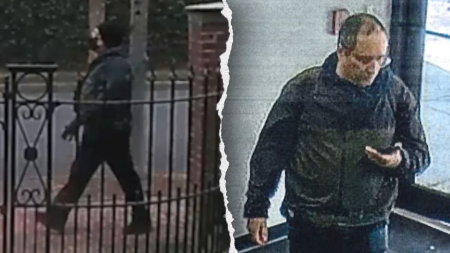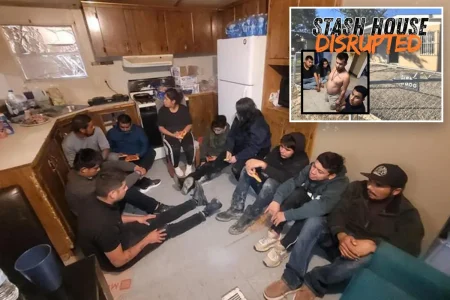Loyola University New Orleans Denies Turning Point USA Chapter Official Status
In a significant decision affecting political discourse on campus, the Student Government Association (SGA) at Loyola University New Orleans has rejected the application of a newly-formed Turning Point USA chapter to become an official student organization. This October 15th decision, briefly reported by the school’s newspaper The Maroon, effectively prevents the conservative group from accessing university resources, including spaces for campus events, despite following the standard application process outlined on the university’s website for establishing new student organizations.
The chartering process at Loyola typically allows any group of five or more students to apply for official recognition, which involves an application review and a question-and-answer session with the SGA senate. According to coverage from Fight Back! News, a self-described left-wing publication, students opposing the TPUSA chapter’s establishment cited concerns about alignment with the university’s Jesuit Catholic values. Freshman Rosalina Framboise specifically claimed that TPUSA and its late founder Charlie Kirk’s statements about LGBTQ+ issues contradicted these values, though it’s worth noting that official Catholic Church doctrine itself does not support same-sex marriage or transgenderism. Another unnamed student reportedly alleged that Kirk and the organization promote “hate towards Hispanics,” reflecting broader concerns about the organization’s ideological stance.
This rejection occurs within a particularly sensitive context, following the tragic assassination of Charlie Kirk on September 10th while he was speaking at Utah Valley University. In the aftermath of this shocking event, Turning Point USA has faced increasing challenges on college campuses nationwide, including the destruction of displays and threats against students associated with the organization. The denial at Loyola New Orleans adds to a pattern of contentious interactions between TPUSA chapters and university administrations across the country.
Similar controversies have emerged at other institutions, such as the University of Tennessee at Chattanooga, where administrators eventually overruled a student government decision to reject a TPUSA chapter. In Florida, state officials have even pledged legal action against attempts to block the establishment of TPUSA chapters on campuses, highlighting the broader political and legal dimensions of these campus conflicts. These incidents collectively reflect the intensifying debate over political diversity, free speech, and institutional values at American universities.
The decision at Loyola New Orleans raises important questions about the criteria used to approve student organizations and the extent to which political viewpoints factor into these determinations. While universities certainly have the right to ensure that campus groups align with their institutional values, concerns about viewpoint discrimination and equal access to university resources for diverse political perspectives remain valid considerations. The tension between maintaining a campus environment aligned with a university’s mission and ensuring open dialogue across the political spectrum continues to challenge higher education institutions nationwide.
At the time of reporting, neither Loyola University New Orleans officials nor the student organizers attempting to establish the TPUSA chapter had provided comments on the situation. As this story develops, it may join other similar cases in shaping the ongoing national conversation about political expression, institutional autonomy, and the principles of academic freedom within American higher education. The rejection of the TPUSA chapter represents not just a local campus decision but part of a broader pattern of contestation over the boundaries of acceptable political discourse at universities across the United States.











